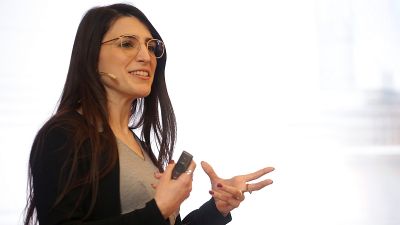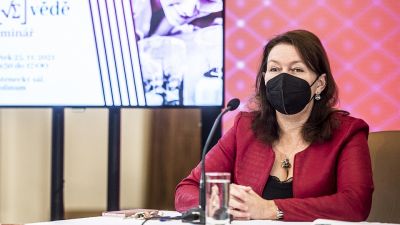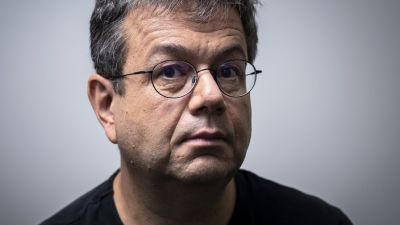Talking about science for three minutes can be "life changing" and open up new job opportunities, provide contacts and improve presentations. That's according to former winners of the FameLab competition, which is open to humanities majors for the first time this year. Applications are open until 17 July.
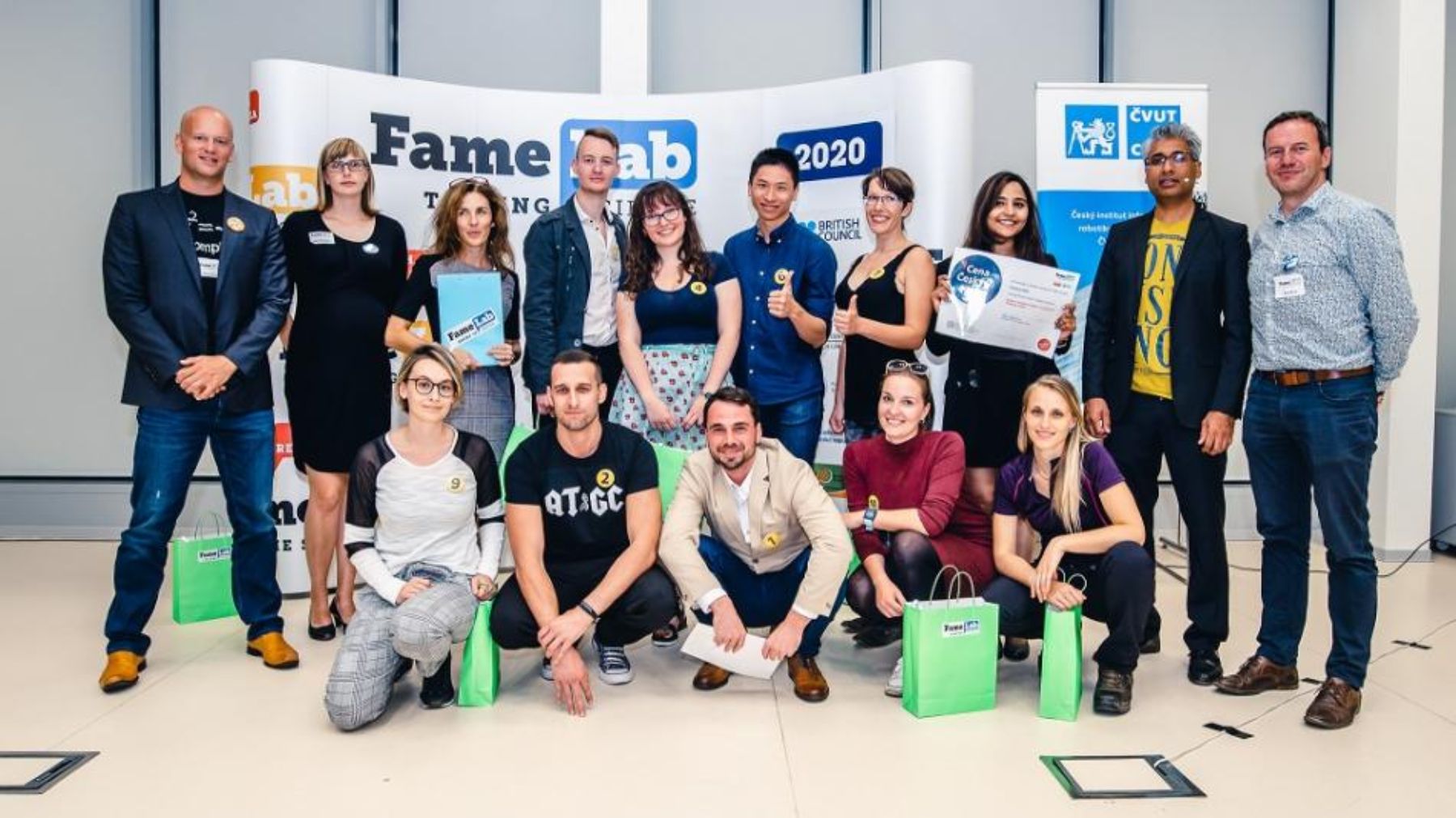
Finalists and judges of the national round of FameLab 2020. Photo: British Council.
Are you over 21 years old, do you enjoy science and work or study in the Czech Republic? Then you can apply to the stand-up science competition FameLab, which is organised by Charles University this year and for the first time ever, representatives of the humanities and social sciences can also participate.
The FameLab competition is not new to the Czech Republic; it was organised by the British Council from 2011 until last year. "For me personally, FameLab has meant eleven years of meeting and working with great people across different fields, countries and continents who have given me a very appealing insight into what science is doing today and the quality of science and its popularisation elsewhere," says former lead organiser Dana "Dasha" Sephton, who many people know simply as "Dasha from FameLab".
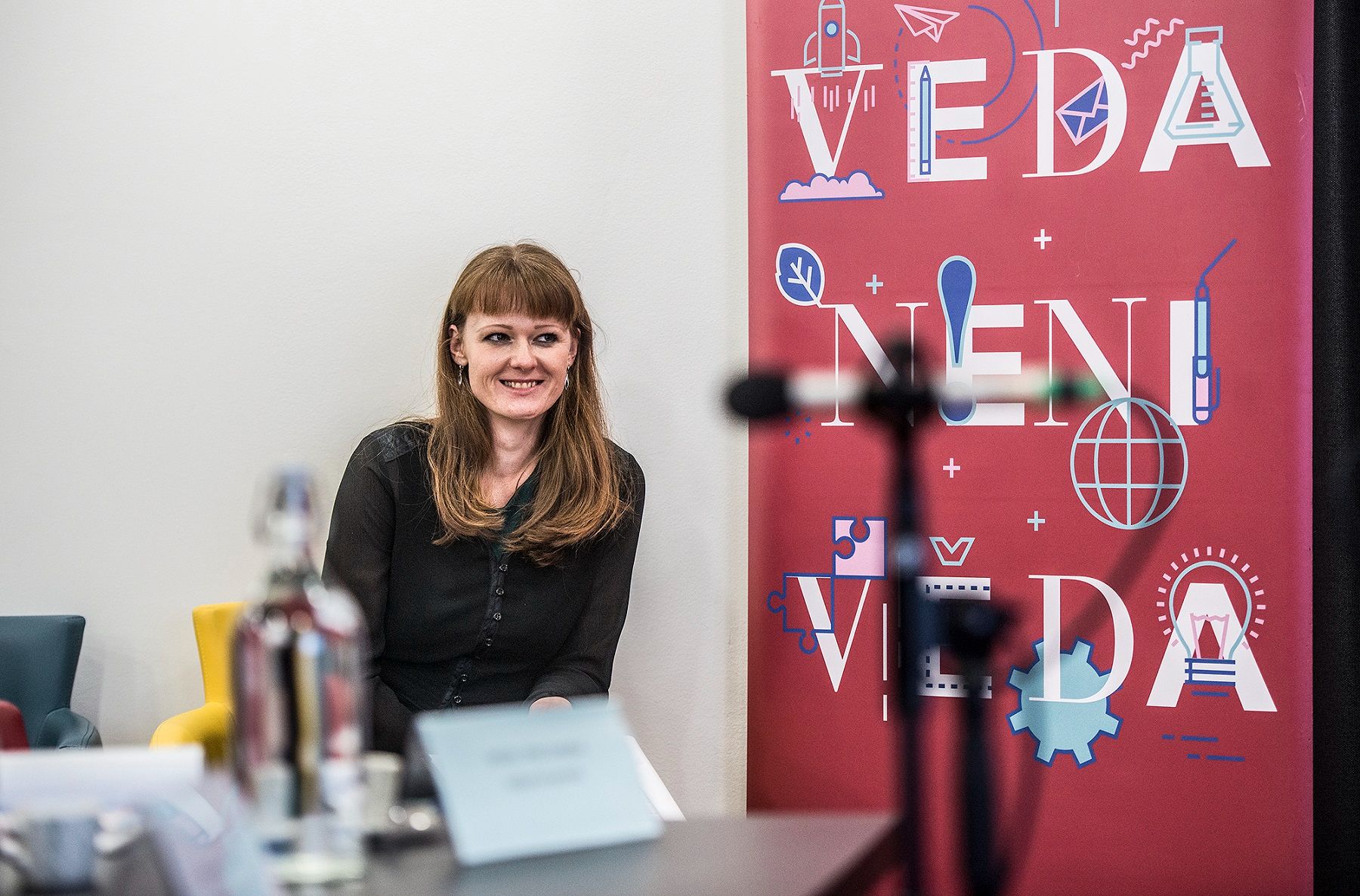
The main organizer of this year's FameLab is Lucie Válová from Charles University.
Since this year, Charles University has become the license holder for the FameLab competition in the Czech Republic. "The bar and reputation have been set very high by the previous years and we want to maintain or even extend it. For example, the new thing we have managed to negotiate is the expansion into humanities. In the past, representatives of technical and natural sciences or medicine were allowed to apply," says Lucie Válová, who is in charge of the preparation of the competition this year.
|
FameLab is a stand-up science competition that has its roots in England. It was founded in 2004 to find new talent in science popularisation for the annual science festival organised by Cheltenham Festivals. The competition was a great success and soon spread to many countries around the world - from Hong Kong to South Africa to the Czech Republic. The British Council brought the competition to the Czech Republic in 2011. The very first year (and the first time so far) Czech representative Michal Babič won the People's Choice Award at the international final. |
Why enter the competition?
"Take every opportunity you can to talk about your research, you learn the most by doing," said Malcom Love, long-time lead lecturer in communication skills at the international FameLab competition, during February's ScienceCommunication: UK Experience conference. There are many specific motivations and impulses for applying, from a random idea, to curiosity, to a long process of gathering courage. "I entered the competition completely at random because it caught my eye somewhere. De facto, I didn't expect anything from it, but I figured that if the competition is about science popularization and I'm involved in popularizing mathematics, I couldn't miss it," says mathematician Tereza Martínková Bártlová, a 2017 contestant.
"My expectation was actually just to stand on the stage again after a long time... In primary and secondary school I used to recite sometimes and I missed it a little bit. I wanted to try what it was like to give a talk other than Villon or Nezval - whether I could explain something as 'boring' as basic biological research in an engaging way," recalls the 2016 Czech winner, Eliška Selinger.
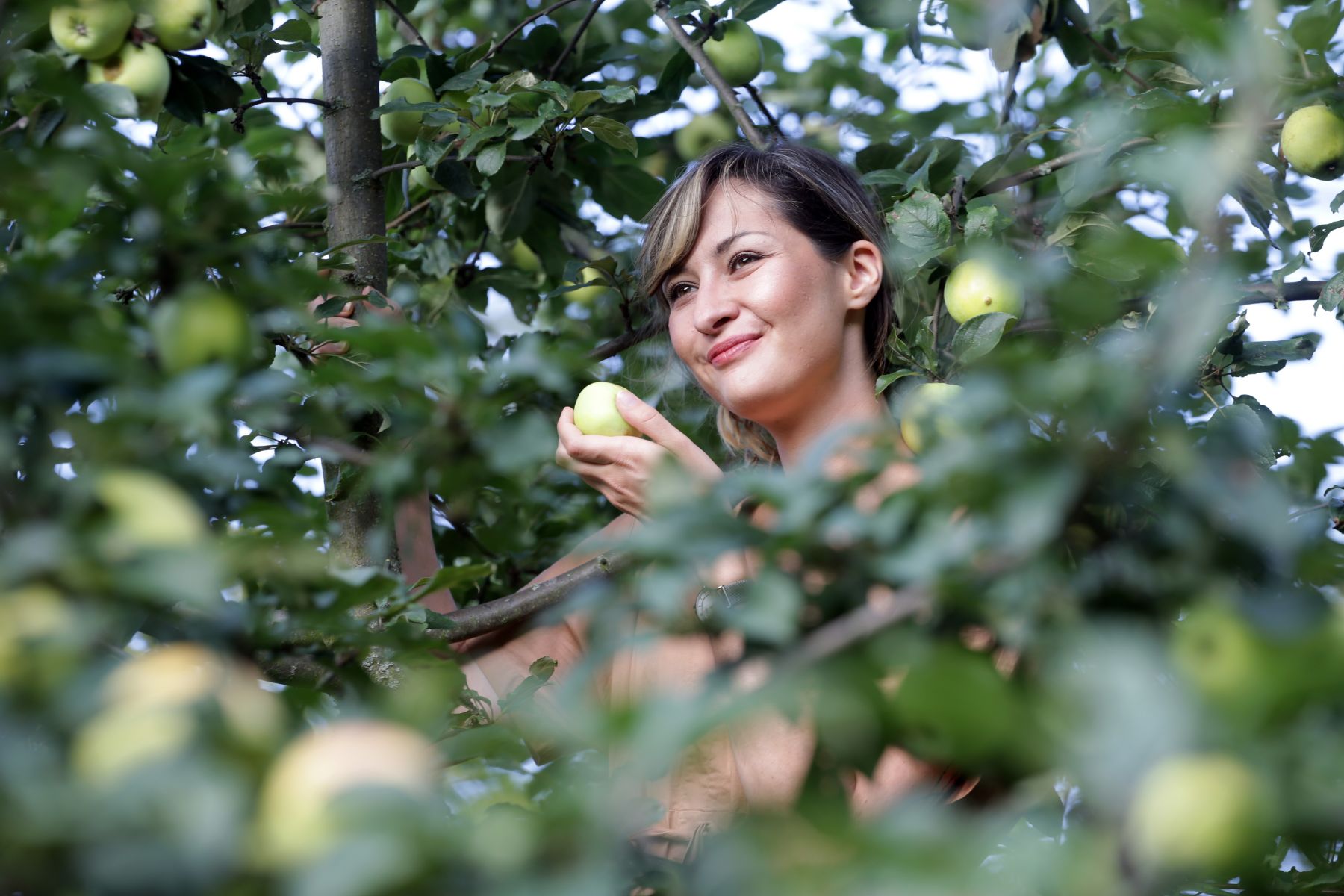
Nutritionist Eliška Selinger won the FameLab national round in 2016.
The winner of the Czech FameLab a year later, microbiologist Tereza Mašínová, was hesitant to apply: "I had known about the competition for several years before I entered. It took me a long time to work up the courage to apply, until one evening I filled it out and sent it in without thinking. I just wanted to give it a go and didn't think about how far this journey would take me."
And what good will it do me?
The "immediate" benefits for the ten Czech finalists include, besides the experience, a weekend of FameLab MasterClass training and participation in the National Finals. The winner will then attend the international MasterClass training together with the other national winners and compete in the global online final in November.
However, participation in the competition itself also brings many other, often unexpected, benefits. "Participating in the competition was my first entry into the world of science popularisation and communication. I understood that good popularisation has its own rules and that the scope for self-education is endless. FameLab also changed my career direction. The longer I was involved in popularisation, the clearer it became that it was an area that interested me more than research itself. I realized that what had brought me into the scientific world was largely a fascination with the way science was popularized. Not to mention the fact that I still benefit from the professional and friendly contacts I made during the competition," says Tereza Mašínová, who this year co-organised workshops on science communication at Charles University and for several years ran the Prague Science Café.
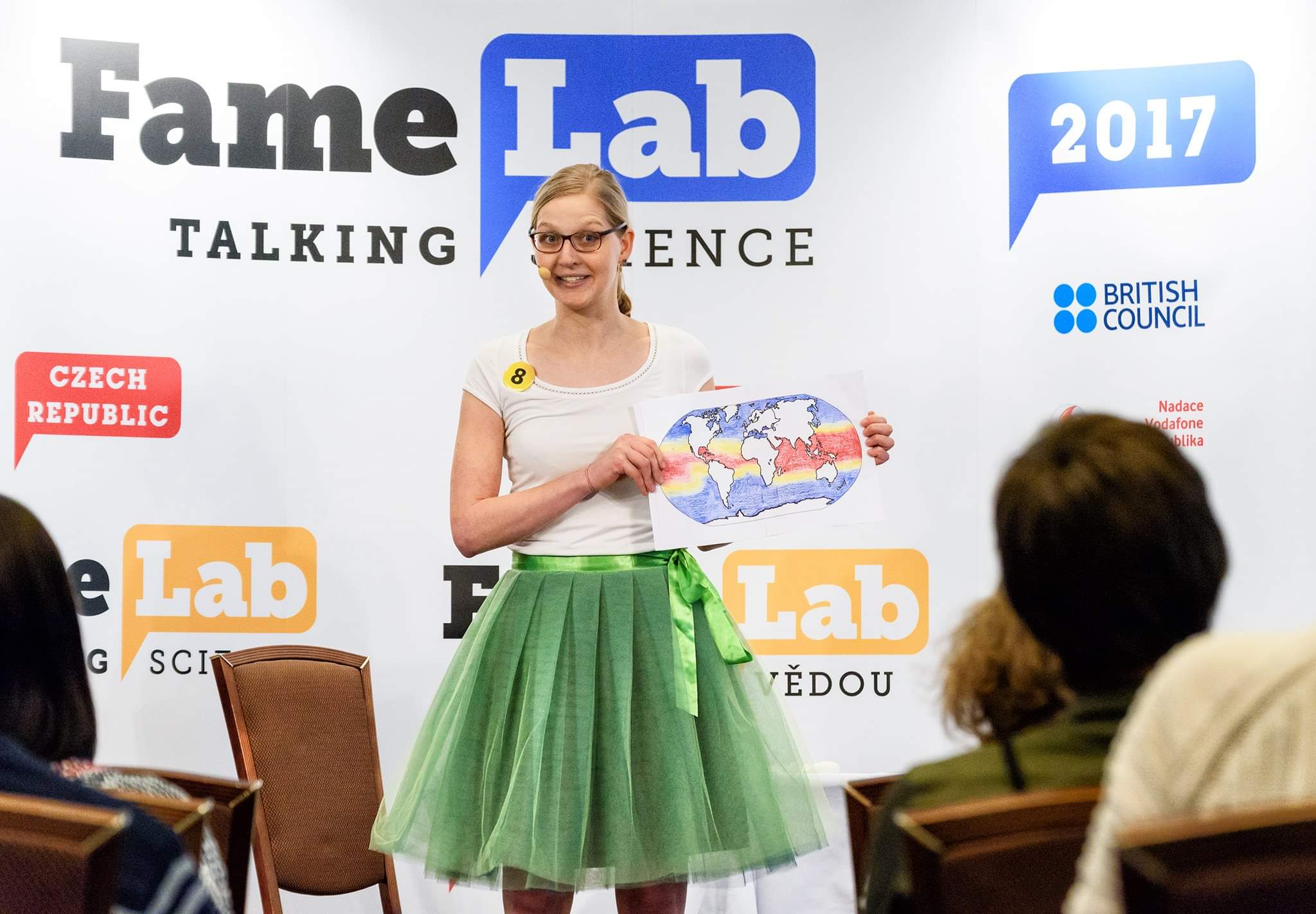
Microbiologist and science promoter Tereza Mašínová, winner of the national round of the competition in 2017.
Tereza Martínková Bártlová, a popularizer of mathematics, also emphasizes the new contacts, "What the competition itself has given me is also what I did not expect at all - a huge number of contacts. Colleagues with whom I am still working and enjoying working with. Starting with the main organizer, Dana Sephton, who put her heart and soul into it and did an incredible job in the competition. I first met Associate Professor Karel Oliva on the jury of the competition, with whom I wrote the script of the children's mathematical educational programme Kája a Mat+Ema+Tika broadcasted on ČT Déčko a few years later. Or 'FameLab colleague' Eliska Selinger, with whom we will have a joint exhibit in the newly emerging educational mini science centre Didaktikon," says its manager and expert guarantor. "It is also a great honour for me that this year's FameLab final will be held at Didaktikon. There is no better combination of where and on what occasion the general public and scientists should meet so that both sides are excited about it," she describes.
FameLab has opened up a new world of popularising science for Eliska too: "Besides, it gave me the courage to stand in front of an audience for more than just three minutes. Tereza Martínková Bártlová also confirms the improvement in skills: 'The ban on the use of technology is a challenge, but a useful one. For us scientists-popularisers it is often a crutch - what we cannot describe well, explain, show practically, we use computer visualization to do. Especially in mathematics, which tends to be very abstract. It was all the more interesting to try to popularize mathematics with our bare hands."
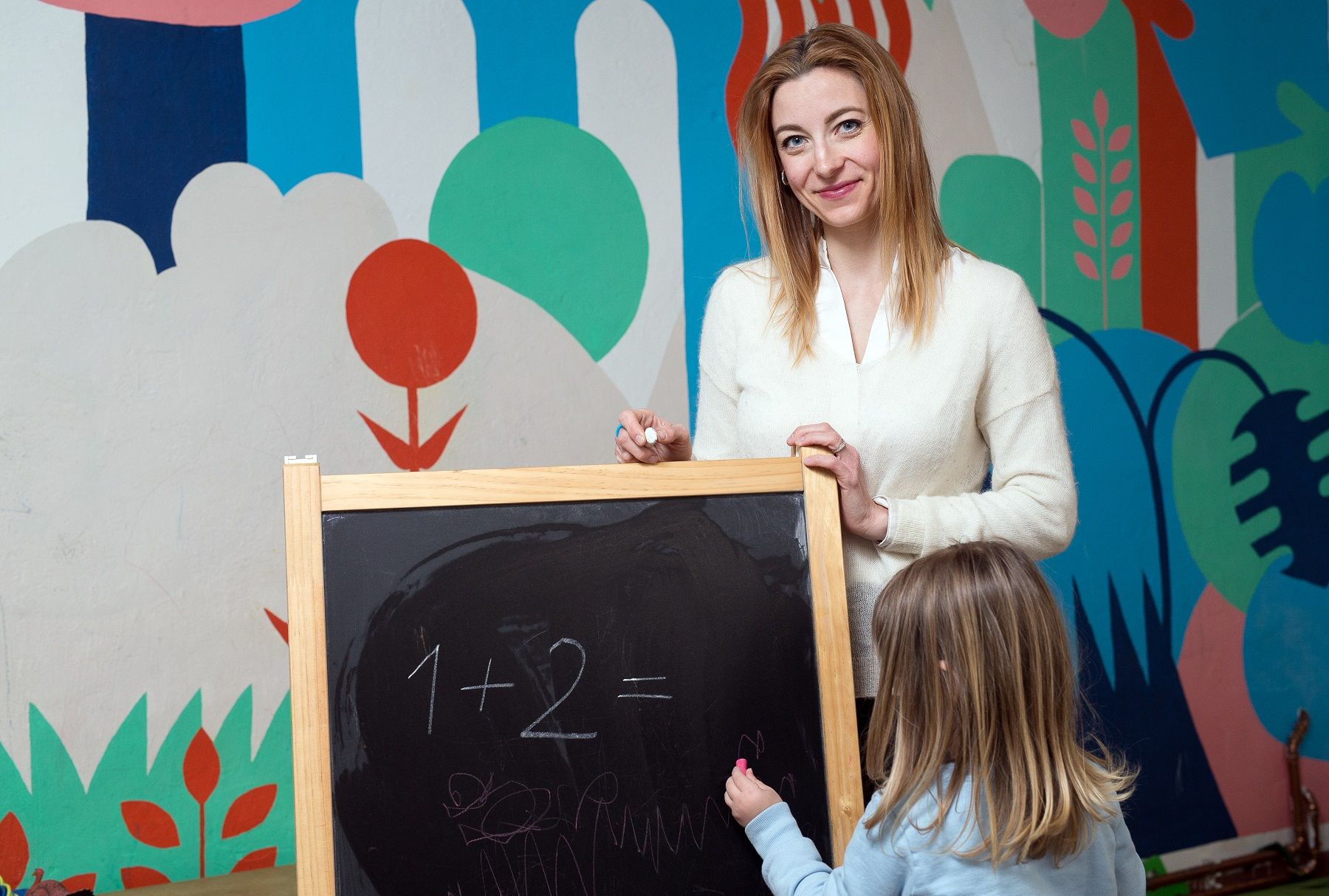
Math promoter and expert guarantor and manager of the newly established Didaktikon Centre Tereza Martínková Bártlová.
Shh, here's how to perform successfully...
"Explain your scientific topic in three minutes, without using audiovisual equipment. The only permitted aids are those that the contestant can bring on stage themselves and also take off after the performance," the rules state. What advice do the winners have? "Definitely preparation. Since time is very limited, one can't rely too much on 'somehow talking on the spot', especially when we scientists can talk for hours and hours about the topic we love... You need to think about what the 'main message' is, what you would like to convey to the audience and then build the whole entry so that it is balanced - and inlcude a joke or two," advises Eliška Selinger.
"The most important thing is preparation and a good idea. It can come quite unexpectedly; for example, I myself came up with the idea for my performance in the middle of a song at a concert. When the right idea comes, you'll know it - you'll feel like the naked Archimedes running around Syracuse shouting 'Heureka!' And it's definitely important to be authentic - some people are perfromers from birth and others can create an intimate atmosphere. There is no need to push yourself into a position that is not your own. People will know that and won't believe you," adds Tereza Mašínová.
And what has Dana Sephton observed in the eleven previous years? "First of all, to pronounce clearly and loudly enough, and to practise your performance in advance. Whatever you are explaining tie in with the audience's personal experience - whether it is a shared experience, an everyday mundane fact or perhaps a commonly known story, character or dimension - this makes any message easier for the audience to grasp. Every performance should bring interesting information and if it also moves the listener or makes them laugh, all the better. And it's certainly good to take inspiration from predecessors - recordings are freely available on the internet."
The application form (until 17 July 2022) and further hints and tips can be found on the official website.

